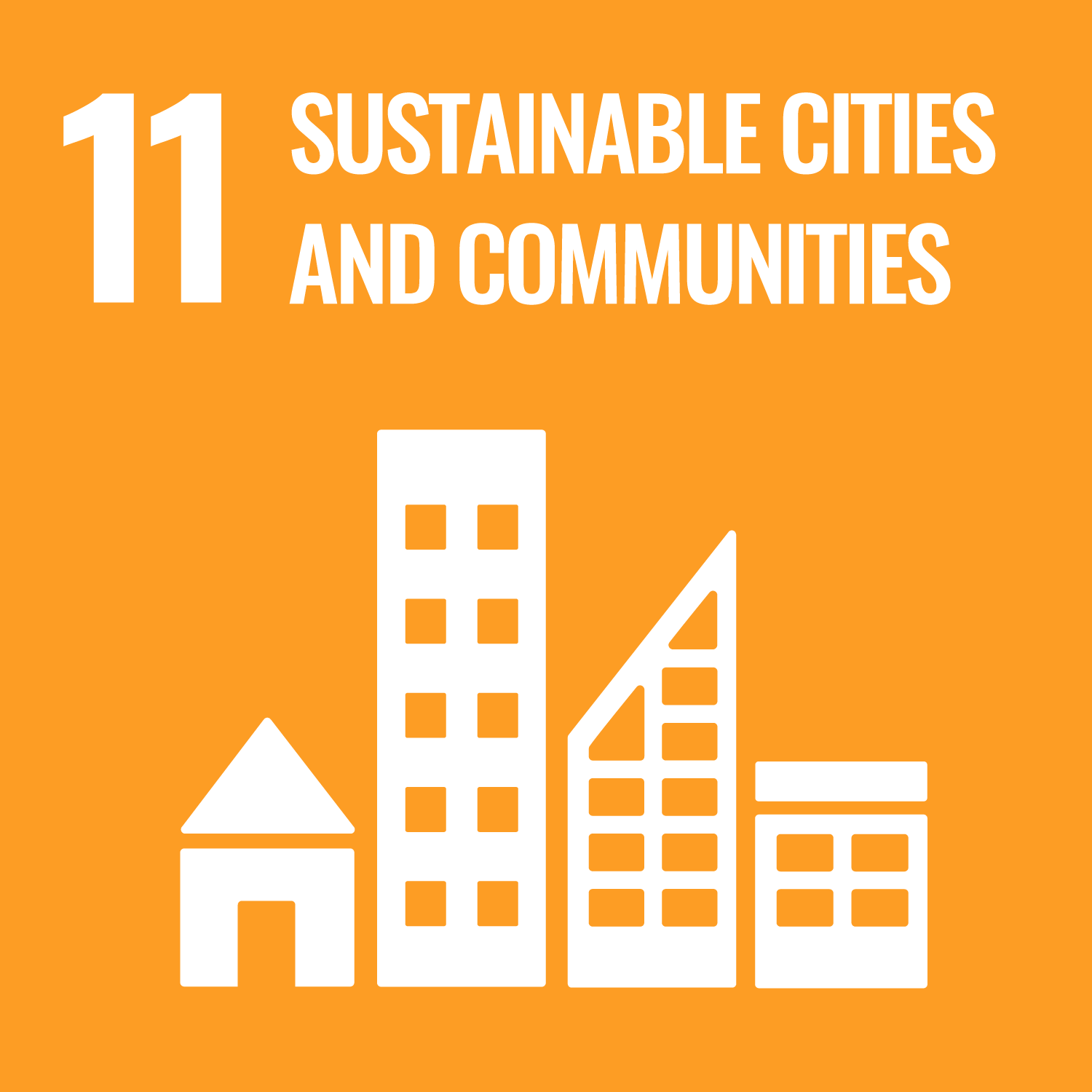
Sustainable Development Goals
The sustainable development goals (Sustainable Development Goals or, in abbreviated form, SDG) are a series of 17 objetcives agreed upon by the United Nations Organization. The United Nations Organization chose them by voting and promoted them as global goals for sustainable development. The sustainable development goals replaced the Millennium Development Goals, which expired in 2015, and are valid for the period 2015-2030.
Sustainable development goals are also known in short as Agenda 2030, from the name of the document titled “Trasforming our world. Agenda 2030 for the sustainable development”.
One of the United Nations Objectives for Sustainable Development (SDGs Sustainable Development Goals), proclaimed in the UN’s 2030 Agenda is to achieve universal primary education, fight inequality and protect the planet. The work of the Meneghetti Foundation, in promoting and supporting intellectual and humanistic activities, encouraging contacts between scientists and experts of different nationalities, facilitating the international exchange of information and the dissemination of scientific knowledge, is completely in line with the 17 SDGs of the United Nations.
Sustainable Development Goals
Scientific and Humanistic Research Foundation Antonio Meneghetti intends to focus its activities on:

Goal 17.9
Capacity building to reaffirm an integrative commitment to bridging civilizations in the name of unity and universality, by explaining SDGs during the conference and seminar organized by the Foundation in order to make people aware of what a sustainable society incorporate into its guiding principles: social justice, economic welfare, as well as environmental protection.

Goal 4
By the Meneghetti Scientific Award we organize, explain and spread the results of research projects during International Congress worldwide and the social impact linked to SDGs. We regularly present a symposium or workshop on this issue every time we participate to a Congress. By the Art Prize (MIAP) we foster the creative process as a catalyst to advance inter cultural understanding.


Goals 11 and 16
The model of ecobiological projects that Foundation carry on mirrors the importance of capitalizing on a human-centered approach to build efficient communities measured in terms of creativity and inclusive social development. These ecobiological projects (example of Lizori) has the power to unite people beyond a variety of borders. Initiatives regaining cultural heritages like the ecobiological projects can be packaged in pedagogical modules and exported in least-developed countries, in order to become development tools in cities and villages holding an historic and artistic potential for humanity, and helping them escape stagnation and poverty.
The Antonio Meneghetti Foundation of Scientific and Humanistic Research participated on 21 September 2017 in the UN Global Compact Leader Summit.